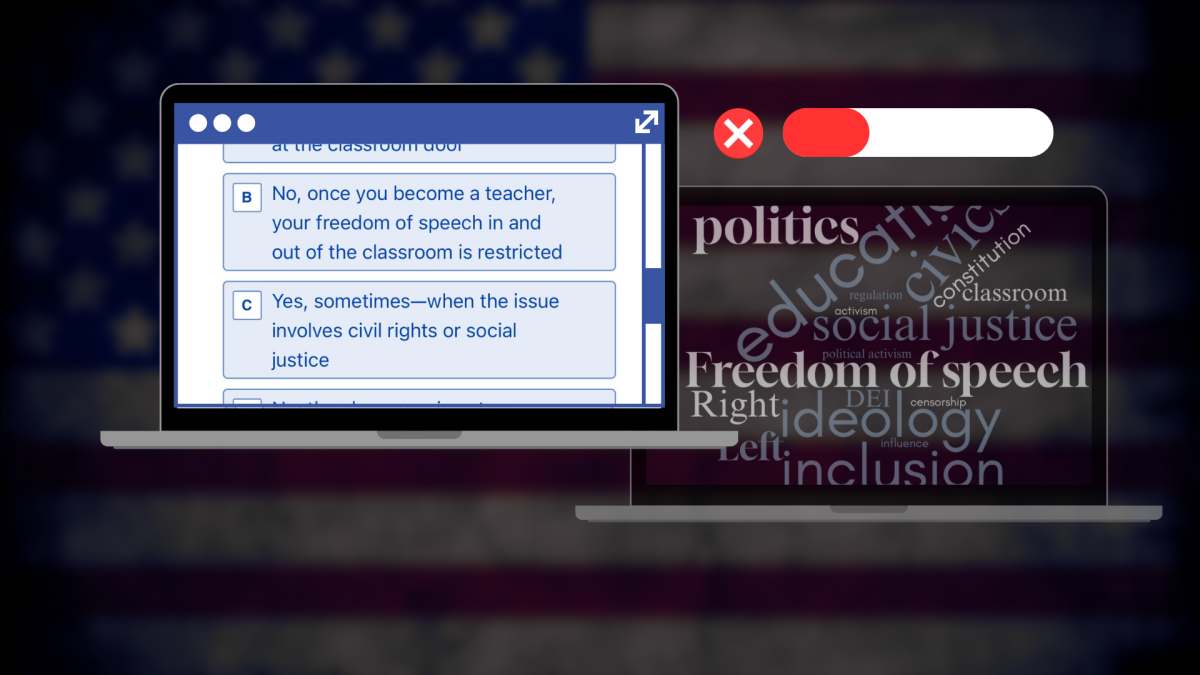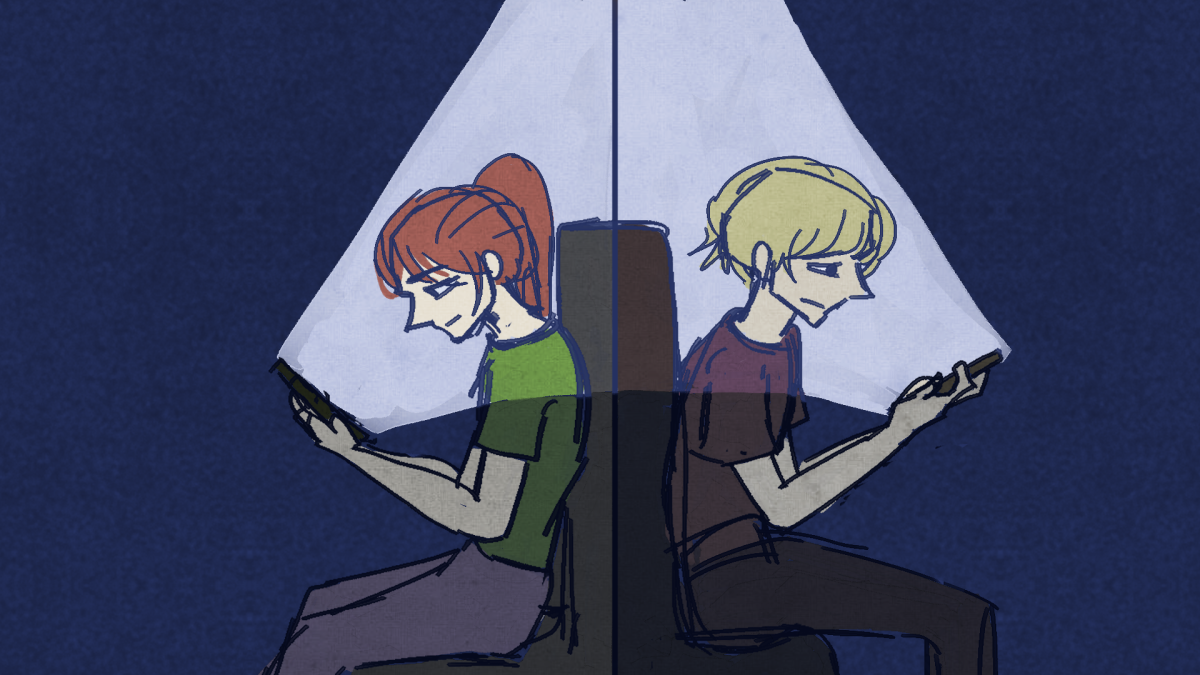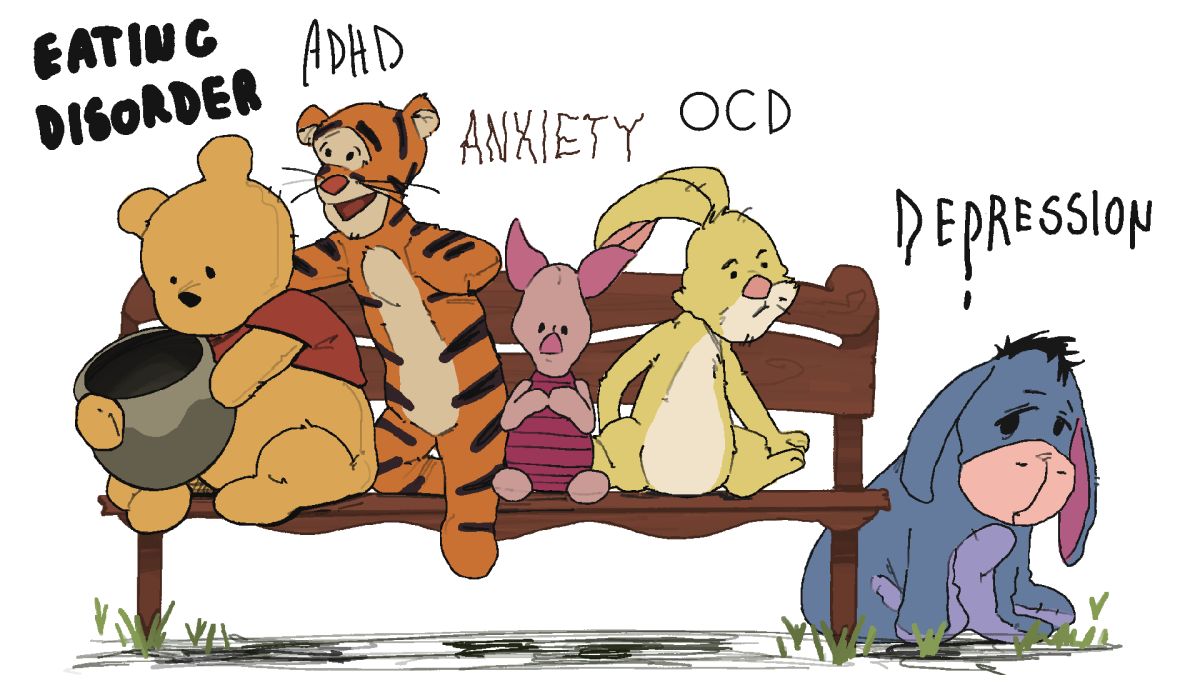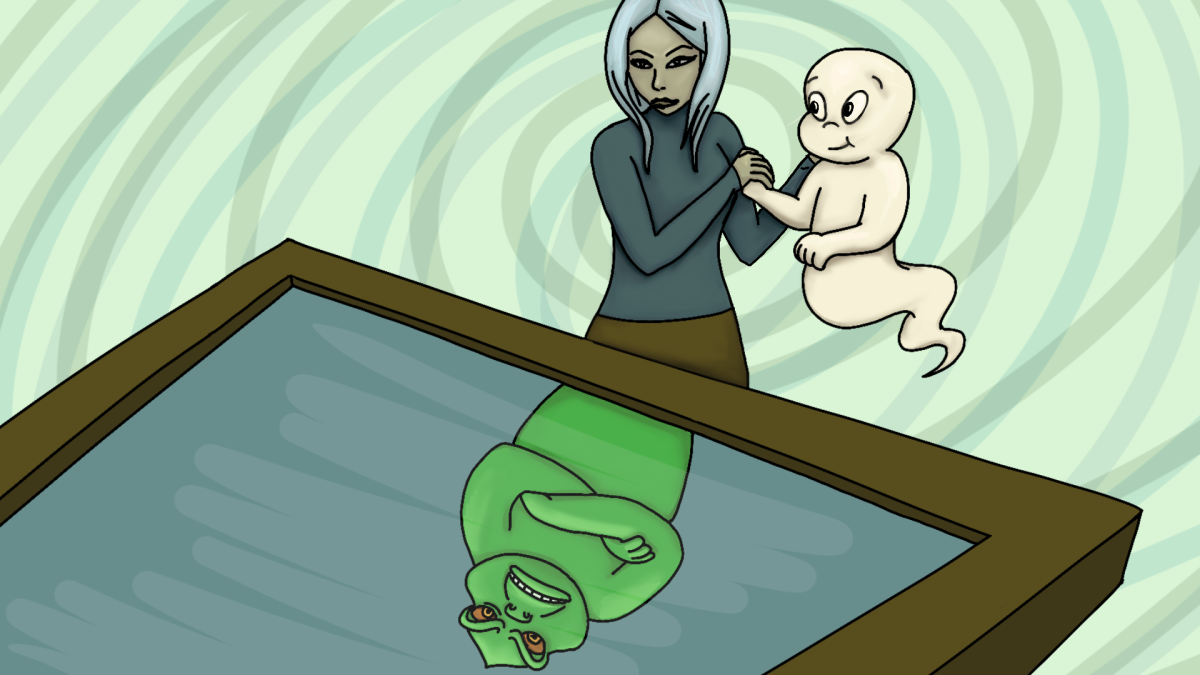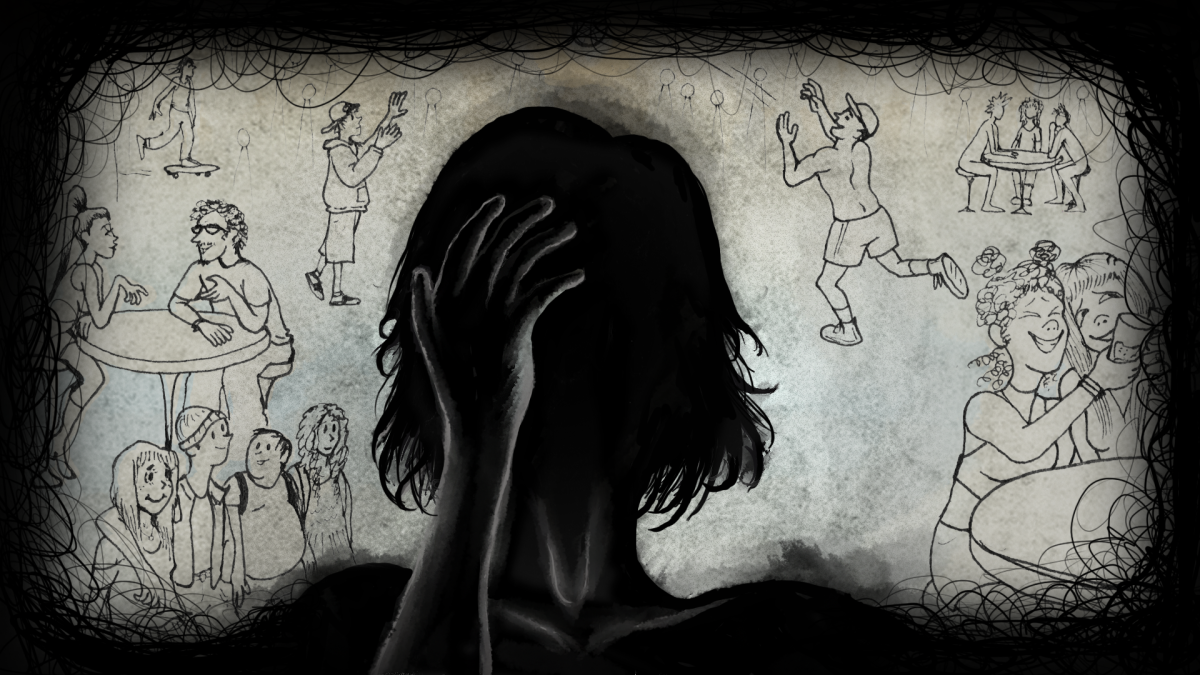Editor’s Note: This article contains references to sexual assault.
Hookup culture has run rampant in recent years, especially on progressive college campuses. Just look at the success of Tinder, with over 6 million downloads globally. There is nothing wrong with the culture itself, but there are some components of it that should be adjusted to make it healthier — specifically how we talk about sex.
Sex neutrality is the idea of looking at and talking about sex without judgment according to writer and sex educator, Christina Tesoro. It provides a middle ground between sex negativity, the view that sex is wrong and shameful, and sex positivity, which encourages sexual discovery and differences. Neutrality sees sex only as something that happens naturally and occurs every day in every species. No one should be praised or chastised for partaking in it. Sex is a requirement for our survival, so why are people so embarrassed about it?
Our culture has a tendency to praise men who are sexually active while shaming women for the exact same behaviors. This creates an unreasonable double standard that prevents women from feeling confident in themselves and their sexuality. It can also exacerbate the objectification of women by turning them into sex objects for men to claim and present as trophies of their sexual conquests. Consequently, both objectification and shaming compound to make it harder for survivors of sexual assault to come forward. They can be seen as being useful only for sex and simultaneously looked down upon for having it, even if it wasn’t consensual.
Another issue that arises from the current hookup culture is the conversation around virginity. The first time you have sex is supposed to be some magical experience that you spend years looking forward to, either with excitement or anxiety. If your first time is awkward and uncomfortable, as it often is, you are left feeling like you’ve been robbed of your perfect first time story. Additionally, judgment often arises if someone is seen as losing their virginity too late or early in life, with the wrong person, in the wrong place or in the wrong way.
Changing the perception of sex from some remarkable achievement or secretive transgression to a natural part of human nature would allow women to thrive in hookup cultures. Talking about women as active participants instead of passive recipients in hookups would humanize them and minimize their roles as objects of desire. Additionally, more open communication around intimacy can reduce the frequency of STIs, make it easier for survivors of sexual assault to come forward and generally create a healthier perspective of sex. It would also decrease the pressure around virginity and allow people to come into their sexuality on their own terms.
It can be easy to make grand claims about culture and macro topics like this, but actually enacting the change is often much more difficult. On a larger scale, we would benefit from more comprehensive sex education and more neutral communication about sex.
On a micro level, the best solution is to call people out for slut-shaming or objectifying behaviors. We have all heard our male acquaintances rank their body counts like it’s a competition or talk about women with higher body counts as if they are used. It can be hard to be confrontational, especially around sensitive topics like this, but letting people get away with harmful language does nothing but perpetuate shame. A dialogue needs to be opened about sex and all the components that surround it, and this can’t happen without individual conversations.
If you or someone you know is experiencing relationship violence, sexual violence, stalking or any other form of interpersonal violence and are in need of advocacy services, the NC State Women’s Center has trained advocates available to offer crisis intervention, emotional support, resources and referrals. Students can contact the 24/7 Sexual Assault Helpline at 919-515-4444 or email [email protected] to schedule an appointment with an advocate.
Advocacy services through the NC State Women’s Center are available for all students inclusive of all gender identities and sexual orientations.
For more information on advocacy services, please visit go.ncsu.edu/supportsurvivors. If you would like to talk to a confidential resource, you can also connect with the NC State Counseling Center at 919-515-2423. You may also visit go.ncsu.edu/safe for additional information on resources and reporting options.



